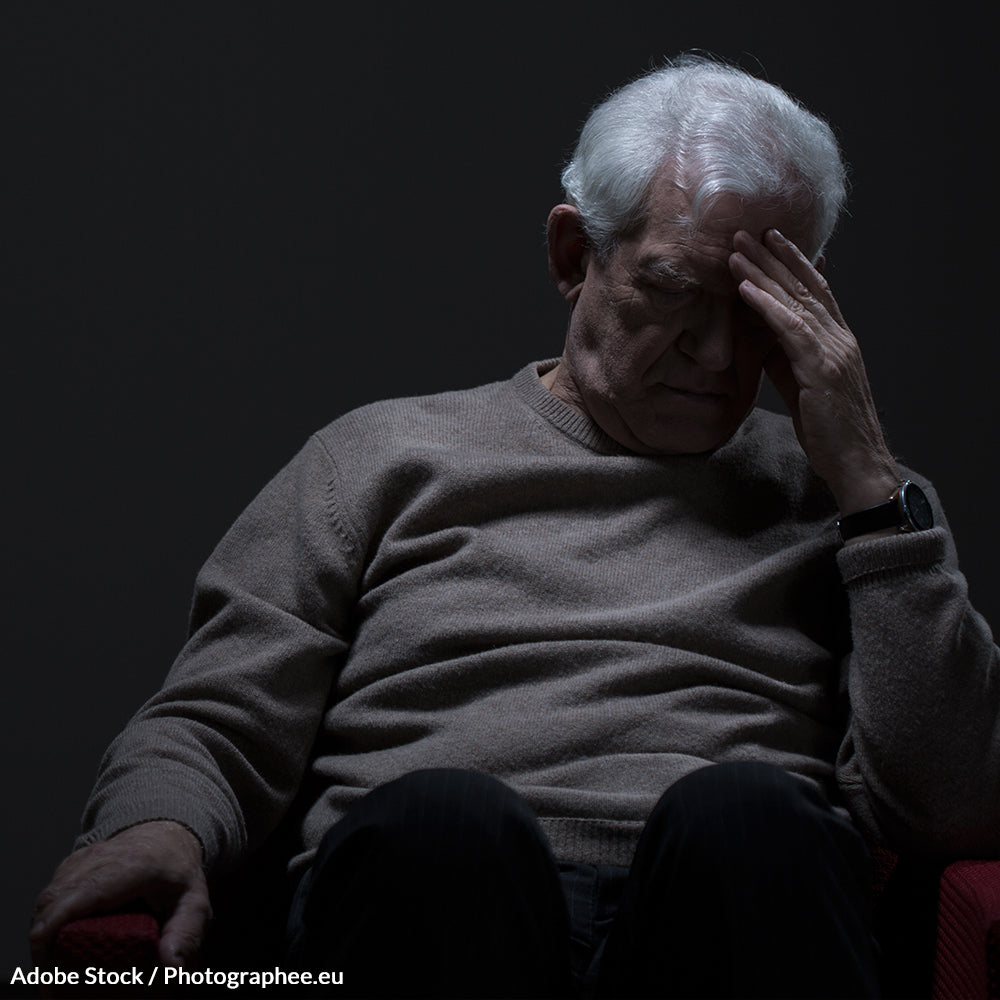Make Depression Screening Common Practice for Stroke Patients
Final signature count: 15,195
15,195 signatures toward our 30,000 goal
Sponsor: The Breast Cancer Site
Screening stroke patients for depression can increase a survivors quality of life. It should be standard practice in hospitals!

Screening stroke patients for depression is an easy way to increase a survivors quality of life. It should be standard practice in hospitals!
Approximately 800,000 people suffer a stroke each year, making it the fifth leading cause of death in the U.S.1
While death rates from stroke have been in decline, many stroke survivors face deep depression2.
“Stroke survivors experience feelings of anger, frustration, anxiety, sadness, fear and hopelessness,” says Dr. Ashish Masih, a neurologist at INTEGRIS3. “These emotions are common with post-stroke depression, which affects more than one-third of stroke survivors.”
Feelings of sadness, shock, denial, anger, grief and guilt are natural responses after a life-changing stroke4. Many stroke survivors experience these feelings as they adjust to life with a loss of mobility, a reduced ability to communicate or limited independence.
Depression can become serious enough that it decreases a patient’s quality of life. Depression can even lengthen the time it takes to recover from a stroke and decrease lifespan5.
If left untreated, depression can:
- Increase the disability from stroke
- Decrease a survivor’s mental abilities
- Increase the risk of falls
- Make physical rehabilitation more difficult
Statistically, 1 in 3 stroke survivors will develop clinical depression, and are more than twice as likely to attempt suicide6. In contrast, screening stroke patients for depression can increase quality of life and help decrease these tragic numbers.
By making it hospital policy to screen stroke patients for depression we can help avoid tragedies from repeating. Sign the petition and help ensure a brighter future for stroke survivors and their loved ones!


